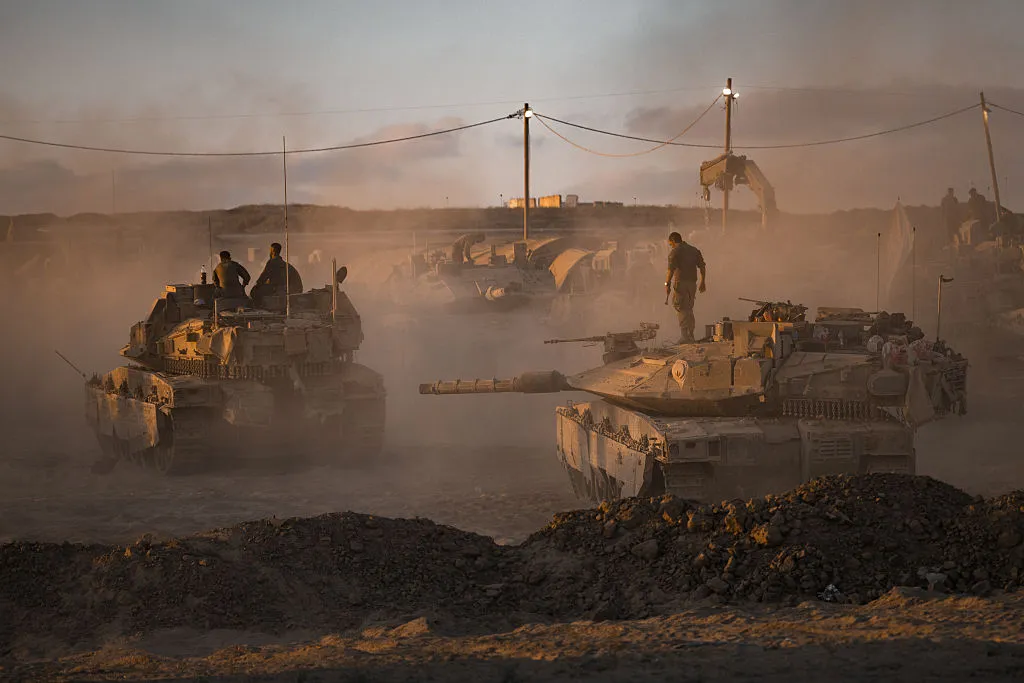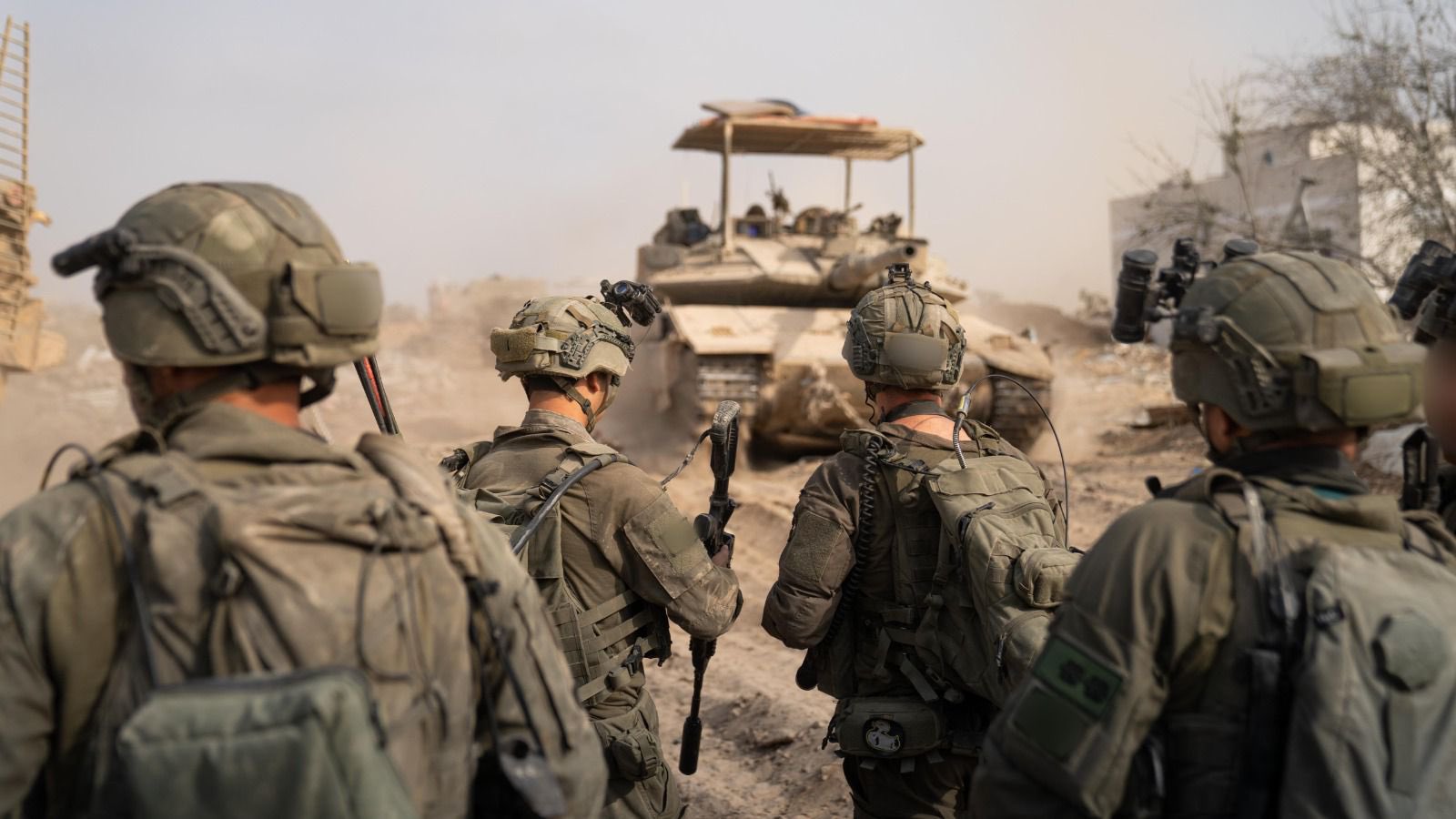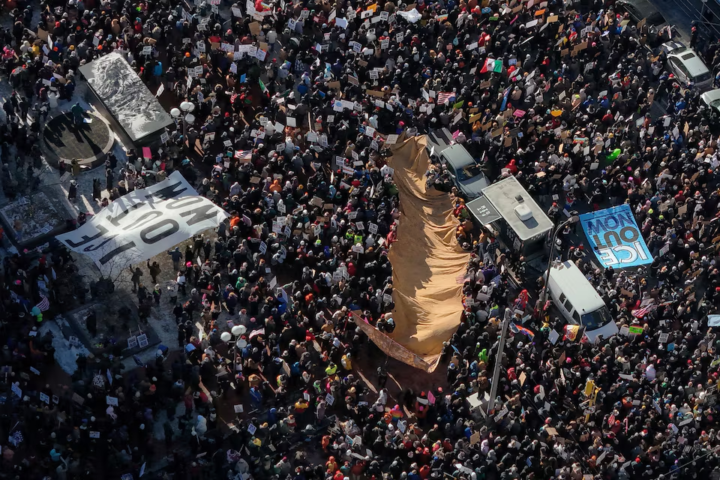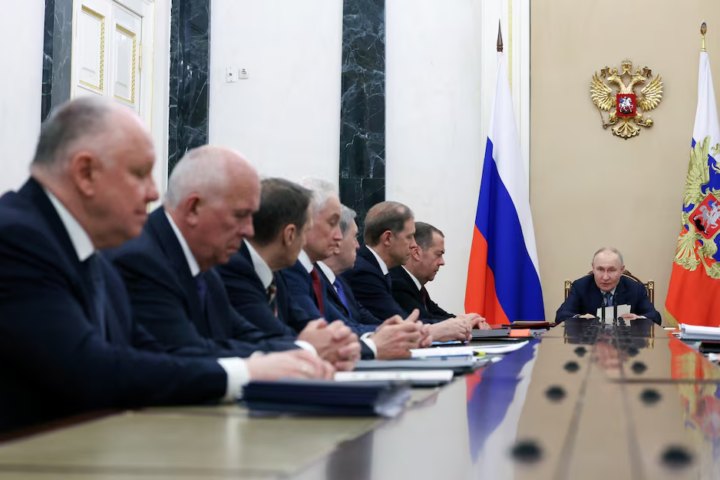Israel has ordered 60,000 reservists to report for duty and extended service for 20,000 others. The military is preparing for a larger offensive in Gaza City. The plan—called Gideon’s Chariots—aims to surround the city and move in. It’s a sign Israel isn’t backing off, even with the war dragging into its second year.
Military leaders say this is the only way to hit Hamas where it still holds ground. Hamas, for its part, is focused on surviving and using any pause to negotiate for aid or concessions. Neither side seems ready to end this.
The new call-up starts in September. That’s when the fighting is expected to ramp up. Gaza City is densely packed, and any assault will likely mean high civilian deaths. Global backlash is almost guaranteed. But Netanyahu’s government sees a pullback as weakness—and that’s not an option they’re willing to consider.
Pushback Inside Israel
At home, frustration is building. Thousands have taken to the streets, especially in Tel Aviv. Protesters are demanding a ceasefire and action to free hostages. Many of them are family members of those still held in Gaza. They’re not asking for vague promises—they want results.
What’s different now is that some reservists are speaking out too. They’re being called back to fight, but some don’t believe in the mission. They say the war has no clear goal and is being dragged out for political reasons.
These protests have become one of Netanyahu’s biggest problems. His far-right coalition is accused of ignoring real diplomatic options and extending the war to stay in power. Even some in the army are starting to question whether the strategy is working—or ever had a chance.
Meanwhile, life on the ground remains unstable. Rocket warnings still sound in the south. Families live in fear. Businesses are struggling. Reservists pulled from work aren’t getting paid. And the longer this lasts, the more distant the government feels from ordinary people.

No Deal, No End in Sight
There’s talk of a 60-day ceasefire. Hamas has signaled it might agree—if aid comes in and hostages are released. Egypt and Qatar are pushing for a deal. But Israel hasn’t accepted. The government is divided. Some want to fight to the end. Others think a temporary pause is worth trying.
International pressure is growing. The U.K. criticized Israel this week for approving more West Bank settlements, calling it illegal and harmful to peace. Other allies are frustrated too. They see the war getting worse, not better.
Neighbors like Jordan and Egypt say Israel’s tactics are hurting any shot at long-term peace. Qatar is caught trying to help civilians while pushing for talks. But with Gaza destroyed and civilian deaths rising, even the best diplomatic efforts face serious obstacles.
Now, everything is pointing to a turning point in September. Israel’s government is preparing for more war. But pressure is mounting—from the streets, from allies, from within. Whether Netanyahu holds his ground or changes course will define not just this conflict, but his political future.









